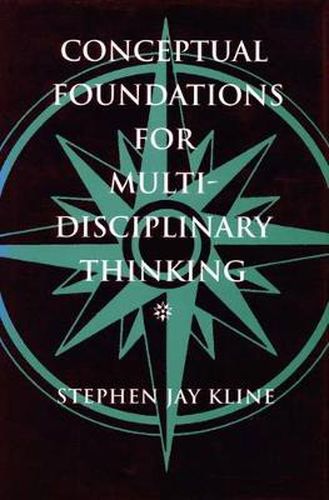Readings Newsletter
Become a Readings Member to make your shopping experience even easier.
Sign in or sign up for free!
You’re not far away from qualifying for FREE standard shipping within Australia
You’ve qualified for FREE standard shipping within Australia
The cart is loading…






Our current intellectual system provides us with a far more complete and accurate understanding of nature and ourselves than was available in any previous society. This gain in understanding has arisen from two sources: the use of the ‘scientific method’, and the breaking up of our intellectual enterprise into increasingly narrower disciplines and research programmes. However, we have failed to keep these narrow specialities connected to the intellectual enterprise as a whole. The author demonstrates that this causes a number of difficulties. We have no viewpoint from which we can understand the relationships between the disciplines and lack a forum for adjudicating situations where different disciplines give conflicting answers to the same problem. We seriously underestimate the differences in methodology and in the nature of principles in the various branches of science. This provocative and wide-ranging book provides a detailed analysis and possible solutions for dealing with this problem.
$9.00 standard shipping within Australia
FREE standard shipping within Australia for orders over $100.00
Express & International shipping calculated at checkout
Our current intellectual system provides us with a far more complete and accurate understanding of nature and ourselves than was available in any previous society. This gain in understanding has arisen from two sources: the use of the ‘scientific method’, and the breaking up of our intellectual enterprise into increasingly narrower disciplines and research programmes. However, we have failed to keep these narrow specialities connected to the intellectual enterprise as a whole. The author demonstrates that this causes a number of difficulties. We have no viewpoint from which we can understand the relationships between the disciplines and lack a forum for adjudicating situations where different disciplines give conflicting answers to the same problem. We seriously underestimate the differences in methodology and in the nature of principles in the various branches of science. This provocative and wide-ranging book provides a detailed analysis and possible solutions for dealing with this problem.